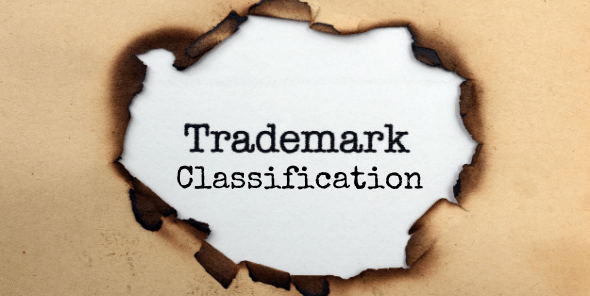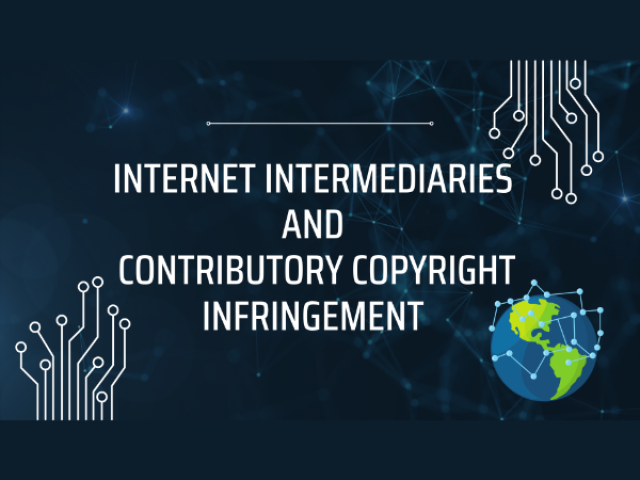The Copyright Act states that the work of joint authorship is considered a work created by the collaboration and cooperation of more than one author in which the contribution made by an author is not different from the contribution of the other author(s).
The doctrine of Joint Authorship
The copyright law in India states that an author is an individual who creates a work that can be authored and is the sole owner of the work, at the first instance at least.
The author initially might have sole ownership over the subject matter, but there are other ways through which a publisher may obtain ownership rights to the author’s work. The two often used methods are through the, firstly, Work Made For Hire doctrine – the publisher will own the copyright and “all” rights in the creative work-and; secondly, by an “assignment” of rights from the author to the publisher – the author grants explicitly “all or some” of the rights in work to the publisher.
The doctrine of Joint Authorship involves sharing rights since more than one individual is involved in the authorship process. But if the publisher is a co-author, it is a deliberate sharing of rights and not an accidental loss of the publisher’s complete ownership of rights in authorship work.
The Copyright Act states regarding joint authorship that when more than one author creates work with the intention that their contributions be merged into inseparable or interdependent parts of a unitary whole. So, if there is joint authorship, the work created will be considered collaborative work and not solely created by a single author. The authors will be regarded as co-owners of the copyright in a specific work.
Judicial Position of Joint Authorship
The courts in India haven’t quoted a proper definition of the subject matter of Joint Authorship. In the case Angath Arts Private Limited v. Century Communications Ltd. and Anr, the court stated that the “joint owner of a copyright could not, without the consent of the other joint owner, grant a license or interest in the copyright to a third party.”
It also held that in the case where there is a relationship to collaborate and produce/create work that ought to be copyrighted, i.e., where there is joint authorship, all the authors have to separately satisfy the essential elements of the subsistence of copyright in work. The joint authors enjoy all the rights as any normal author.
For example, they are entitled to reliefs such as injunction, damages, and accounts of profit. Also, concerning the term of copyright of a work of joint authorship, it is calculated for the author who dies last.
Joint Authorships and Publishers
The doctrine of Joint Authorship may apply only to the authors, but it affects the publishers, and the publisher is the author of a work created as a work made for hire. Therefore, the publisher will be affected by the joint authorship doctrine if the publisher is not the “sole” author of a work created as a work made for hire.
In the scenario where the publisher may not be the sole author of the work, the publisher commissions are work made for hire. Still, the publisher does not satisfy the necessary elements of the work-made-for-hire doctrine.
The work’s rights would be owned only by the author(s) unless the publisher has a written agreement between himself and the author(s), a grant of rights including copyright ownership of the work.
Rights and Duties of Joint Author
There are no specific and individual rights of a Joint Author; nonetheless, the rights and duties of an author shall apply to all co-authors:
1. Each co-author will own an equal ownership share in the work, even if one of the co-authors has contributed a greater quantity of the work than the other co-authors.
2. Each co-author will own an “undivided” interest in the entire work. If the publishing project consists of illustrations and text, the artist and the writer will own fifty percent of the entire work, i.e., the art and the text.
3. Any co-author, without their fellow co-authors’ permission, may grant non-exclusive rights to the work to third parties. However, a co-author may only grant exclusive rights to the work to third parties if the co-author obtains the prior consent of the other co-authors.
4. Each co-author has a duty to account for the other co-authors for any profits from exploiting the work.
5. A co-author has the right to assign his/her ownership share in the work to a third party or to bequeath his/her ownership share to his/her heirs.
6. Each co-author will be entitled to equal authorship credit for the work upon publication.
[cherry_button text=”Have Questions? Connect with Us” url=”https://www.intepat.com/contact-us/” style=”info” centered=”yes” fluid_position=”right” icon_position=”top” bg_color=”#ea9525″ min_width=”33″ target=”_blank”]




